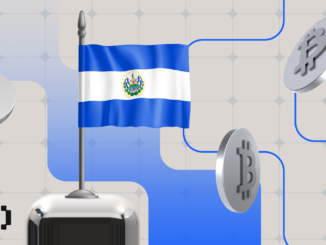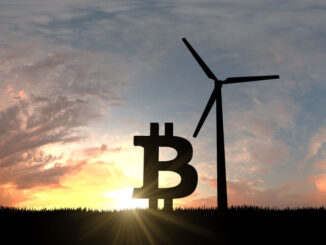
Jeff Park, Chief of Alpha Strategies at Bitwise Asset Management, has publicly stated that recent occurrences in the gold market could instigate a significant migration toward Bitcoin. Specifically, the Bank of England is facing criticism over prolonged delivery times for physical gold, reigniting discussions about the dependability of gold-backed assets. In response, Park expressed via X:
“I’m eagerly anticipating a logistical catastrophe (or sheer fraud) in the physical distribution of these assets that will wreck the confidence of even the most ardent gold proponents, pushing them directly into the embrace of Bitcoin,” Park expressed via X.
Bitcoin vs Gold
Park’s comments arise amidst claims that the Bank of England, which allegedly possesses around 5,000 metric tonnes of gold, has postponed deliveries from what previously was a few days to between four and eight weeks. A source knowledgeable about the situation noted, “The time required to withdraw bullion held in the Bank of England’s vaults has escalated from several days to between four and eight weeks,” suggesting that the central bank is “struggling to meet demand.”
Market analysts attribute these delays to an exceptional increase in transatlantic transactions and growing gold reserves in the United States. “Individuals can’t acquire gold because so much has been dispatched to New York, while the remainder is stuck in the queue,” an industry leader told journalists. The backlog at the central bank has coincided with rising stockpiles on the Comex commodity exchange in New York, where its gold reserves have surged nearly 75%—from 533 metric tonnes to 926 metric tonnes—since November’s U.S. elections.
Park further emphasized the sector’s record of logistical and fraudulent cases by referencing two significant scandals. He first discussed the Qingdao Metal Scandal. “Here’s the amusing tale known as the Qingdao Metal Scandal,” Park noted. He recounted how traders in China reportedly used the same reserves of copper, aluminum, and nickel as collateral numerous times, only for it to be uncovered that much of the actual metal was absent.
He also brought attention to another recent incident involving the London Metal Exchange (LME) Nickel Fiasco. “The LME found that some of their nickel has disappeared! Instead of bags filled with the registered metals, bags of stones were delivered. Even more astonishing is that this isn’t the LME’s initial nickel fraud.”
More recently, Park referred to reports stating that global commodities titan Trafigura uncovered a shortage of $500 million worth of fuel in Mongolia. “I already shared this, but it’s worth reiterating that Trafigura lost $500 million worth of fuel in Mongolia three months ago,” Park mentioned.
Such events, according to Park, highlight the susceptibility of physical commodity markets. “You can take the ‘physical’ fuel out of Mongolia,” Park continued, “but you can’t extract the spiritual fuel of Genghis Khan from Mongolia.”
Proponents of digital assets like Park argue that Bitcoin, frequently heralded as the ‘hardest’ asset on Earth, avoids the logistical complications that burden the physical commodities market. Yet, ironically, it still encounters challenges regarding regulatory acceptance and ETF frameworks.
<p“Meanwhile, the hardest asset on Earth [Bitcoin] cannot even be contributed in-kind to its beloved Bitcoin ETFs, despite having near-zero logistics expenditure. But of course, let’s keep pretending this system is logical,” Park commented.He went on to propose that existing regulatory structures pose a significant barrier: “One reason people are so apprehensive about ‘regulation’ in crypto is because they continue to apply the securities perspective to an asset that doesn’t truly apply. Once you adopt the commodities perspective as the baseline, the world suddenly begins to make a LOT more sense.”
Although the Bank of England has yet to release a formal statement regarding the extended delivery times, observers interpret this as another possible wedge moment for traditional gold investors. If the delays endure, it could incite further skepticism about the dependability of physical gold markets. Park and others within the crypto field see this as a pivotal moment that may redirect attention—and funds—toward Bitcoin, which doesn’t require physical deliveries or third-party vaults.
At the time of publication, BTC was trading at $95,961.
Featured image created with DALL.E, chart from TradingView.com








Be the first to comment